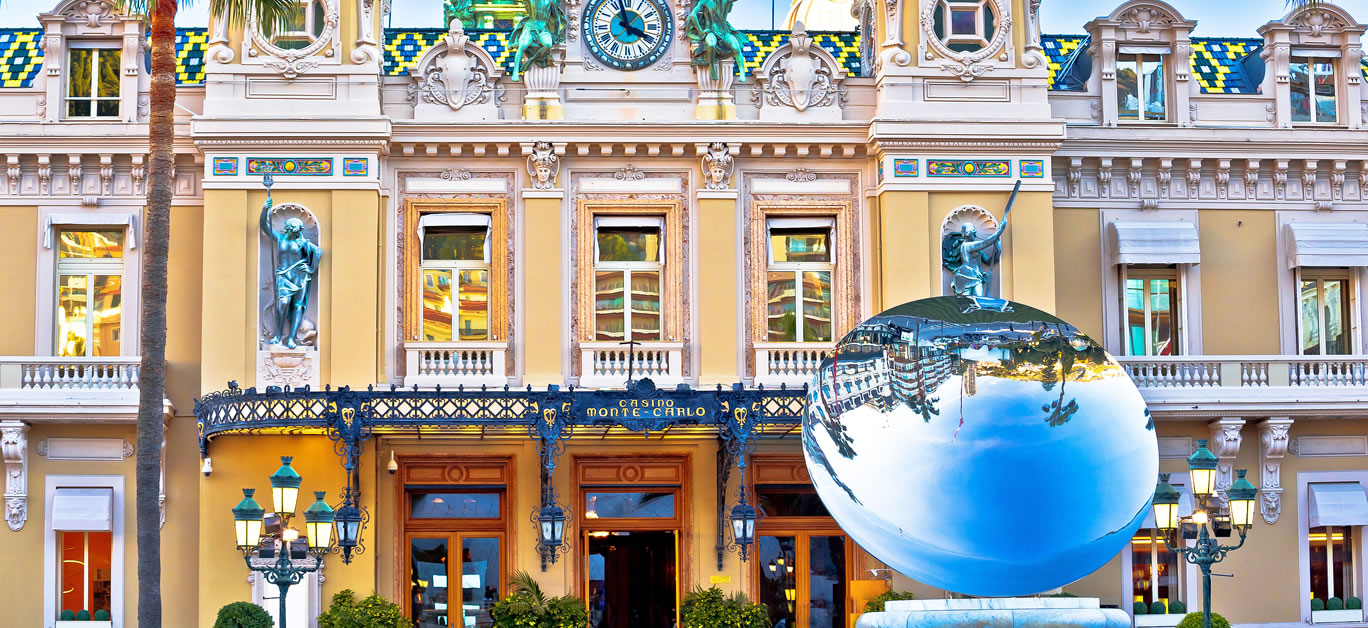
Casino entertainment have long been a significant aspect of human culture, providing not just entertainment but a fascinating reflection of our aspirations, wishes, and fears. From the turning reels of a slot machine to the strategic gameplay of poker, these games represent a range of human emotions and experiences. At their core, casino games are not just a chance to make profits; they are a microcosm of life itself, where risk versus reward intertwine and fate can change in an moment.
As players convene around tables or sit in front of brightly lit machines, they participate in a tradition that transcends mere betting. These games mirror our instinctive desires for social interaction, excitement, and the quest for chance. They also disclose deeper truths about human nature, such as our relationship with luck and the thrill of uncertainty. In exploring casino games, we uncover not only the rules of play but also the intricate pattern of the human story, showcasing our woven narratives of hope and reality.
The Psychology of Gambling
Gambling is deeply rooted in human psychology, appealing to various emotions and wants. The thrill of taking risks is a fundamental aspect that attracts participants, be it the excitement of spinning a roulette wheel or the anticipation of drawing a winning card in poker. This adrenaline is frequently likened to other forms of excitement, as the unpredictability of outcomes triggers a distinct psychological response. Players often become captivated by the chance of winning big, leading to an irresistible draw toward casino games.
Additionally, an essential component of the psychology behind gambling is the concept of hope and ambition. Players often nourish dreams of financial freedom and the opulent lifestyle that can follow winning. This optimism fuels their continued participation in casino games, as it provides a sense of purpose and the conviction that a transformative win could be just one wager away. The story of beating the odds and achieving success resonates with many, reinforcing their commitment to play and engage with these games.
Finally, social aspects play a crucial role in gambling psychology. Casino environments are designed to promote social interaction, where gamblers gather to share the experience of wins and losses. This shared aspect not only amplifies enjoyment but also affects behavior, as individuals often imitate the actions of others around them. The collective approval found in mutual thrill can enhance the emotional experience, making casino games a reflection of not just personal desires but also collective engagement within the gaming community.
### Risk and Reward: A Double-Edged Sword
Gambling games embody the delicate balance between danger and reward that resonates deeply with human psychology. Kasyno Bonus Bez Depozytu 2025 The rush of placing a bet is often accompanied by a rush of adrenaline, as participants are confronted with the possibility of a huge payout, yet fully aware of the risk to lose. This twofold experience reflects a fundamental aspect of life: the decisions we face often come with intrinsic risks, and the chase for gain can compel us to make risky moves we might not normally consider. In this way, gambling activities reflect real-world decisions, enticing players to gamble not just their funds, but also their dreams.
The allure of grand jackpots and payouts fuels a sense of optimism, encouraging players to imagine a better future that could arise from a fortunate turn of the wheel or turn of a card. This positive outlook can motivate individuals to engage in greater risks, encouraging them to push their boundaries in search of monetary success. However, just as in life, the outcomes of these risks can lead to both triumph and loss. The stories of both jackpot winners and those who have suffered everything at the casino demonstrate the unpredictable nature of luck and its significant repercussions on our futures.
Ultimately, the experience of engaging with casino games serves as a strong reminder of the human condition. Every session played is loaded with the tension of uncertainty, as gamblers weigh the rewards against the dangers. This dynamic not only highlights the excitement that comes with gambling but also exposes the vulnerabilities that come with the longing for more. As we explore the challenges of choice and results in both the gambling world and in life, we find that the pursuit of risk and reward shapes our sense of self and journeys in significant manners.
Culture and Loneliness in Gambling Culture
Gambling culture is a special mix of social engagement and individual pursuit, reflecting the dualities of individual experience. Gamblers often come together around games, sharing in the thrill of the game, celebrating wins, and sympathizing over losses. This social aspect is essential, as it fosters a sense of community and bonding among varied groups of individuals. Regular attendees to casinos may form friendships and develop routines, turning the gambling venue into a second home where they feel connected to a greater community of players.
However, the attraction of casino activities can also result to isolation. As individuals become immersed in the excitement of gambling, they may isolate from personal relationships or neglect to interact with the environment outside the gaming space. For some, the pursuit of a windfall can overshadow genuine relationships, leading to isolation. The experience of being among others yet feeling solitary is not rare, as the focus shifts from shared enjoyment to the private stakes of each player’s journey.
This interplay of society and isolation creates a rich tapestry that defines gaming culture. It showcases the intricacy of social interactions, where happiness and sorrow coexist. Gambling venues serve as both a refuge for social interaction and a platform for individual struggles, demonstrating how intimately connected our desire for connection and the personal quest for wealth can be. In navigating this landscape, players confront their own stories—seeking both the thrill of the wager and the fellowship of other gamblers, ultimately reflecting the broader spectrum of individual experience.